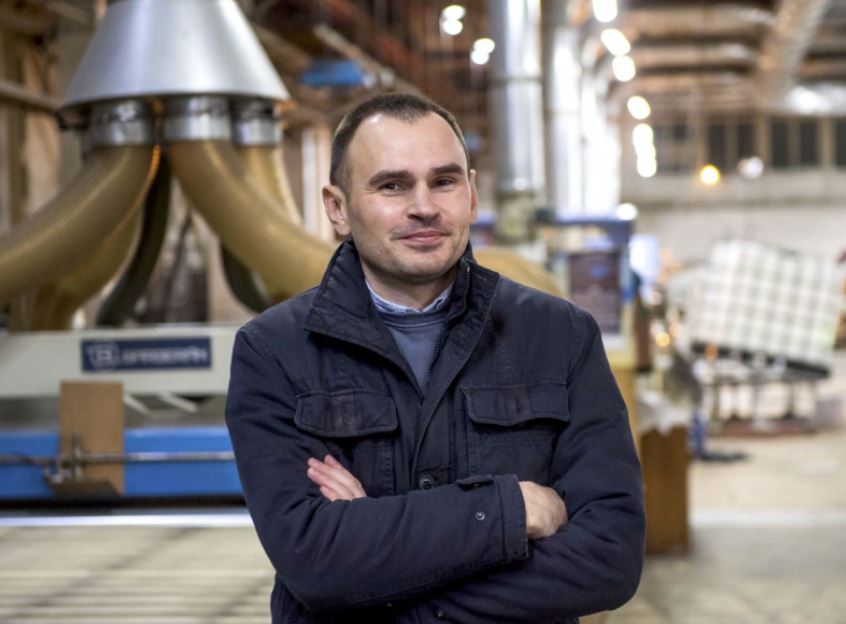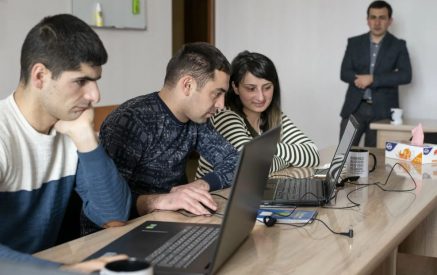Each year on 22 April, Earth Day, over one billion individuals from 190 countries mobilise to support and raise awareness of the state, as well as the future of Planet Earth. Since its first celebration in 1970 when it was founded as a day of education on environmental issues, Earth Day has become a global movement, generating commitment among individuals, international organisations, businesses, and governments alike.
Such initiatives, not only help to reduce pollution and reach the global goals of the EU 2050 strategy on Net-Zero emissions; they also educate the public and create a new generation of active and responsible citizens, workers, and leaders in the mitigation of climate change. This is the example of several Small and Medium-sized Enterprises (SMEs) from the Eastern Partnership (EaP) region, which, with EU support, have also become symbolic ambassadors for the promotion of Resource Efficient and Cleaner Production (RECP).
Making use of the RECP methodology, representatives of various manufacturing enterprises and professionals learn to embrace cleaner production and ways to improve their resource efficiency. As a multiplier effect, RECP reduces costs, waste, and pollution, while improving general production, the working environment of employees, and increasing overall competitiveness.
The introduction of RECP in industries has been an integral part of the EU work implemented in all six EaP countries since 2013 (EaP GREEN from 2013-2017, and EU4Environment from 2019-2022). In 2015, a sample of eight SMEs participating in the RECP project in Ukraine underwent an initial assessment, followed up in 2020 with a more in-depth look at RECP results, lessons, and limitations, under EU4Environment.
Read also
On average, in six years, the companies implemented 43% of their RECP action plans. The results also showed an ongoing and deepened commitment from companies to implementing RECP measures in the medium term, as most measures were attractive by being low-cost. They also focused on systematically addressing improvements in terms of energy (78%), materials and waste (17%) and water (5%), leading to total savings of €620,000 for all eight participating companies.
This example is not an isolated case. In Armenia and Georgia, the enterprises which took part in both the EaP GREEN and EU4Environment assessments are now witnessing the positive impact for embracing RECP. From construction companies to fisheries, dairy or food processing enterprises, each involved SME learned to use the specific opportunities available within their own production facility, in order to make a positive change.
“Following the project’s suggestions, we decided to reuse the hot water which resulted from the battery production. By upgrading the cooling system to recover water and heat, we have been able to cut costs and save the water that had been previously flushed into the sewage,” said Ashot Papyan, Production Line Manager at Elbat CJSC in Yerevan, Armenia.
By continuously investing in resource efficiency, SMEs are doing their bit for the Earth, taking actions to reduce their resource and environmental footprint, right from the source. They are also revising their production in a holistic manner, and are showing that it is not only possible to use fewer resources and generate less waste – but it is the smart thing to do.























































